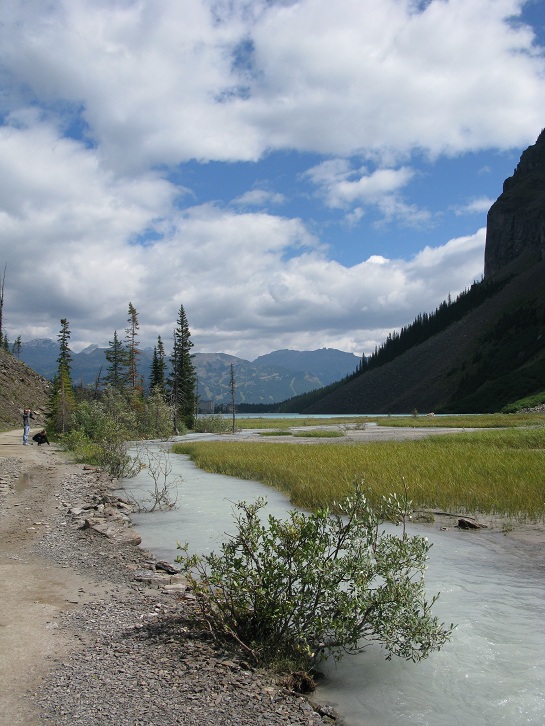
The Argument for Nature
CultureEscaping the city to go “up north” is not a concept singular to the Canadian experience, but it certainly helps shape our identity here. Whether it’s a cottage, cabin, ranch or patch of land to pitch your tent, at the core of Western culture, we are searching for meaningful encounters with the natural world to offset the stresses of daily life.
I am reminded of how unoriginal this idea is when I read about Tom Thomson’s life and the history of early Canada. Even then, they were marketing the north as a place to relax and rejuvenate the senses; a place where men could return to a more primal state, and women could escape the exacting demands of social life.[1] In Europe, the wealthy have been going to country homes for hundreds of years, the men hunting and the women going for long walks to catch some fresh air.
Connecting with nature has been a quintessential part of human identity for a long time, but what is it that draws us north today? We live in a complex world of information overload, where cellular technology, the Internet and electronic social networks have led to being “connected” almost 24/7. Moreover, this generation is surrounded by the pressures of a consumption-obsessed society, where success is still measured by having a great career, owning a house, and raising a family, yet we struggle to afford it. We have little confidence in the stability of our futures as the economic crash and disasters of the housing market loom in our not so distant past. More than ever, the stress of working hard with little payout (many people in their 30s are still living with their parents to save money for a down payment on a mortgage), means that escaping the city is vital to both physical and mental health.
The northern climate gives us the opportunity to focus on what is truly important. It offers a quiet place to spend quality time without the interruptions of technology. Driving through the mountains as the leaves change colour in autumn, hiking to high vistas to take in the panoramic views of lakes and valleys, getting lost in your own thoughts as you listen to a river rushing by, looking in amazement as a glacier melts before your eyes. We long for the world of Henry David Thoreau on Walden Pond, or the simplicity presented in a Group of Seven painting; these artists captured the essence of the natural environment and therefore emphasized the importance of preserving it. When you think of the centuries of artists whose palette has been the natural world (think of the 18th century Romantic poets for example), environmentalism has been around for much longer than Rachel Carson’s Silent Spring.
And it continues to be at the forefront of our popular culture. Wonders never cease in nature, and our latest fascination is evident in the popularity of the series Planet Earth. These videos delve deep into the world’s oceans, and to the peaks of the highest mountain tops to show us what environmentalists are working so hard to preserve. I recently watched a David Suzuki interview about his new venture Legacy, where he emphasizes returning to a more simple life. This philosophy revolves around family values and living in a sustainable way that protects the environment we live in.
Not surprisingly, the viewpoint that “less is more” (the less we surround ourselves with “stuff” the more we connect with what really matters) has survived major ideological shifts. However, if we believe in this philosophy, why aren’t we all living off the land, in remote areas of the world? Is it because our sense of community and our identities are so profoundly connected to the work we do, the technology we use, and the places we live? Are we just as satisfied working for the corporation as we are working against the current, canoeing upriver? Or is it just too unrealistic to think that we can leave everything behind like Christopher McCandless, who met his ill-fated end at the mercy of the rugged Denali backcountry?
The answer isn’t simple, but I think each individual can find a way to be environmentally-conscious, and preserve the natural world in his/her backyard, community and beyond. Think seriously about how you can live with less and do more. Do some spring cleaning and give to charity the things you no longer need. And next time you feel the pressure of this fast-paced world where you often have little control, go for a walk, hike, dip in the lake, and remind yourself how lucky you are to have nature at your beck and call.
[1] Hunter, Andrew. “Mapping Tom.” Tom Thomson. Toronto: Department of Canadian Heritage, 2002. Pp. 19-46.
























